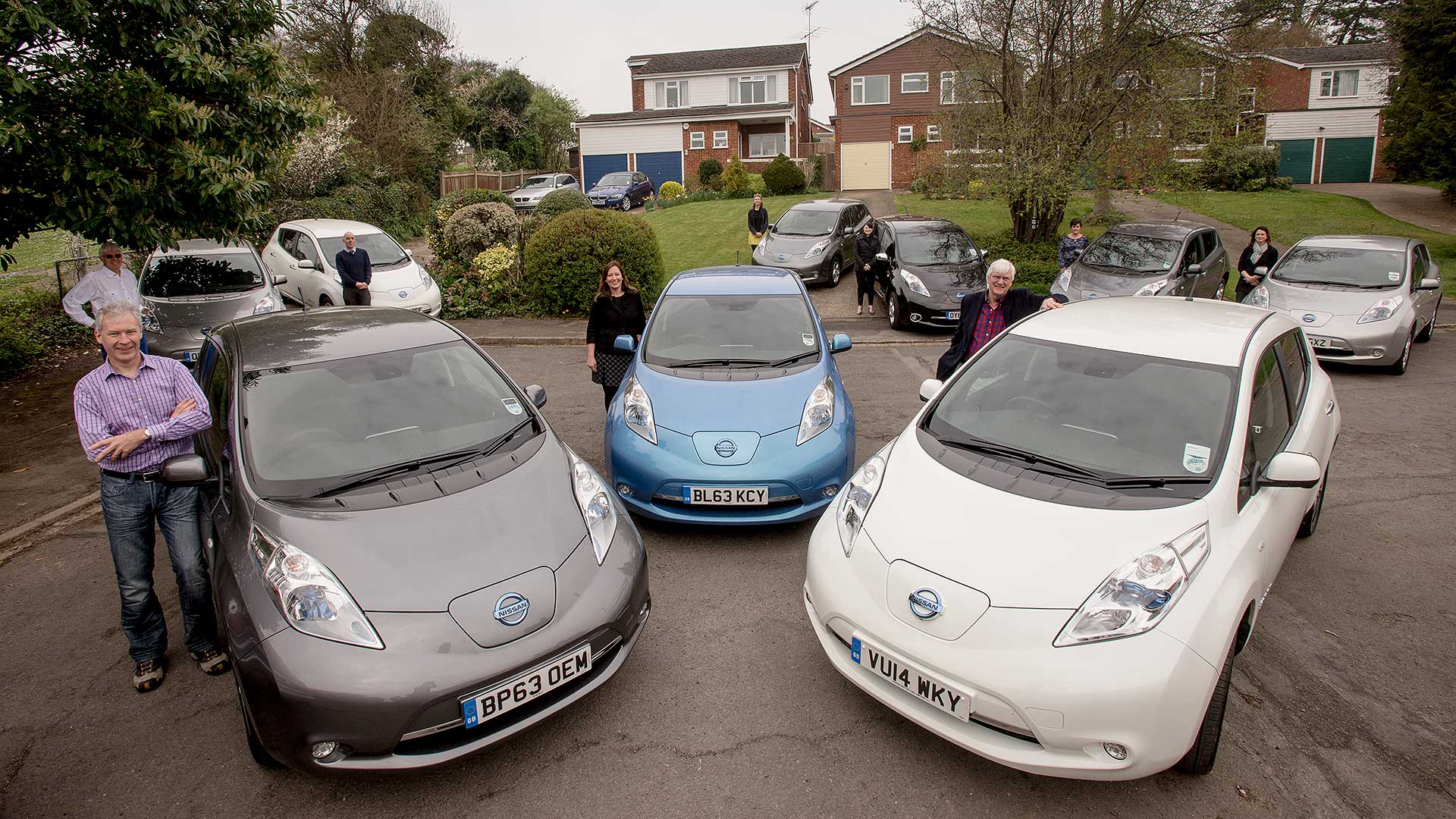
In July 2018, the government published its Road to Zero strategy, pledging to make almost every car and van zero-emissions by 2050.
But new analysis from the British Vehicle Rental & Leasing Association (BVRLA) shows that issues with taxation, charging point infrastructure and vehicle supply are ‘putting the brakes’ on UK EV registrations.
The BVRLA – which represents fleets that own or operate nearly five million cars and vans – is urging the government to ‘supercharge its electric vehicle strategy’ in order to meet its Road to Zero deadline.
Transport secretary Chris Grayling launched Road to Zero last year with an ambition for at least 50 percent – and as many as 70 percent – of new car sales to be ultra-low-emissions (ULEVs) by 2030.
Grayling said: “The Road to Zero Strategy sets out a clear path for Britain to be a world leader in the zero-emission revolution – ensuring that the UK has cleaner air, a better environment and a stronger economy.”
The BVRLA analysis uses a scorecard to chart the progress of the Road to Zero strategy, with the government said to be falling behind in the following key areas:
- Tax policy: persuading large fleet buyers to go electric is one of the fastest ways to boost the number of electric vehicles on the road. A lack of clarity about what taxes will be levied on the buyers and users of EVs in future years means many fleet buyers are holding back
- Charge point access: there are still too many rapid charge point ‘blackspots’ and the ability to roam between different charging networks remains a challenge
- Leading by example: the government set a target to make 25 percent of its car fleet ULEV by 2022, but recent data indicates that only two percent are ULEVs, placing the Government way behind on its own plans
Fleets are ‘desperate and frustrated’

Gerry Keaney, BVRLA chief executive, said: “Fleets across the UK have committed to this transition and are leading the zero-emission vehicle surge.
“Our research has found that they are desperate for clarity on future taxation and incentives, want better access to public charging and are frustrated at lead-times of over 12 months for the most popular EVs.”
The BVRLA has three recommendations to ‘get the UK’s electric vehicle strategy back on track’. These are:
- Providing a five-year road map for motoring taxes and EV incentives
- Setting a national quota for EV registrations that ramps up between now and 2030
- Mandating universal methods of access and payment for public charge points
Details of the Road to Zero strategy can be found here.
ALSO READ
UK new car investment plummets as firms spend on no-deal Brexit planning
Why ‘ghost’ road markings pose a danger to self-driving cars